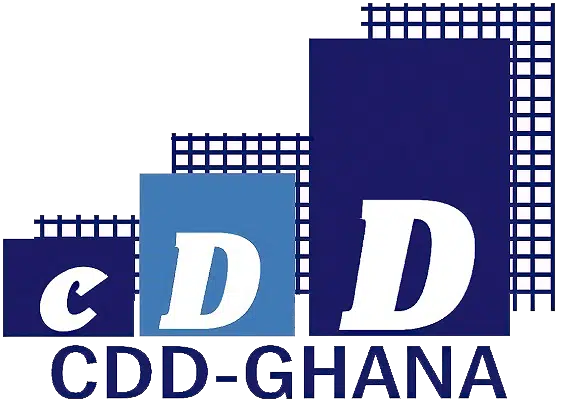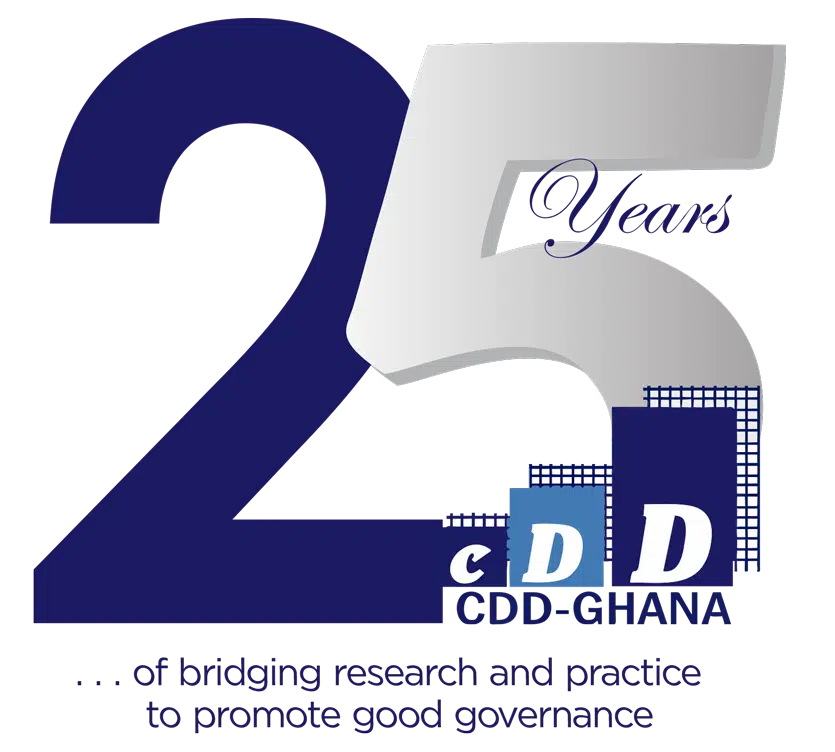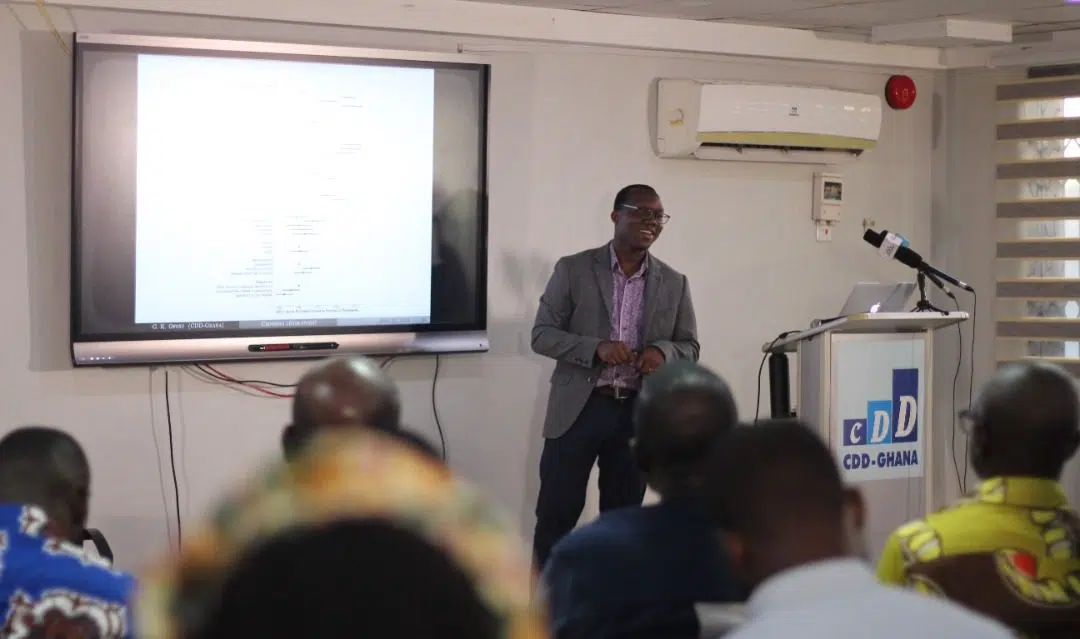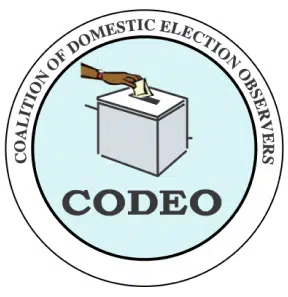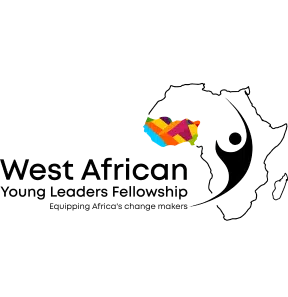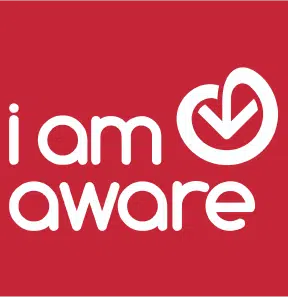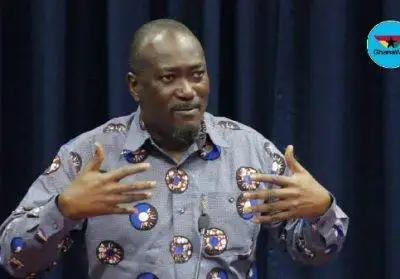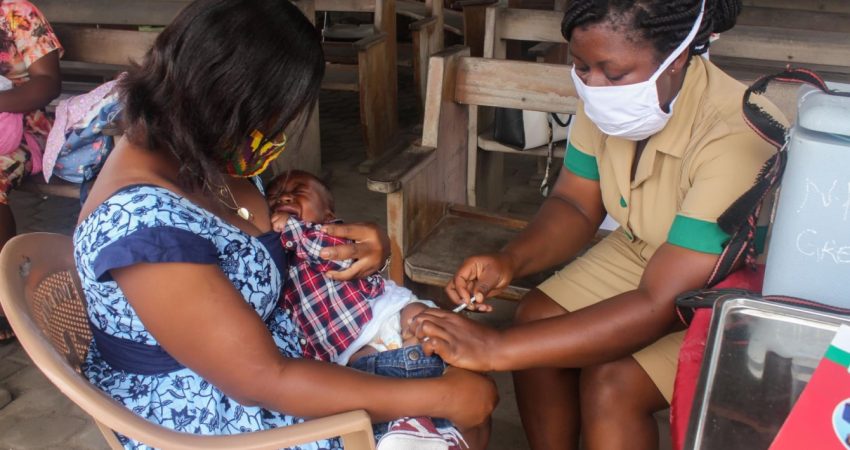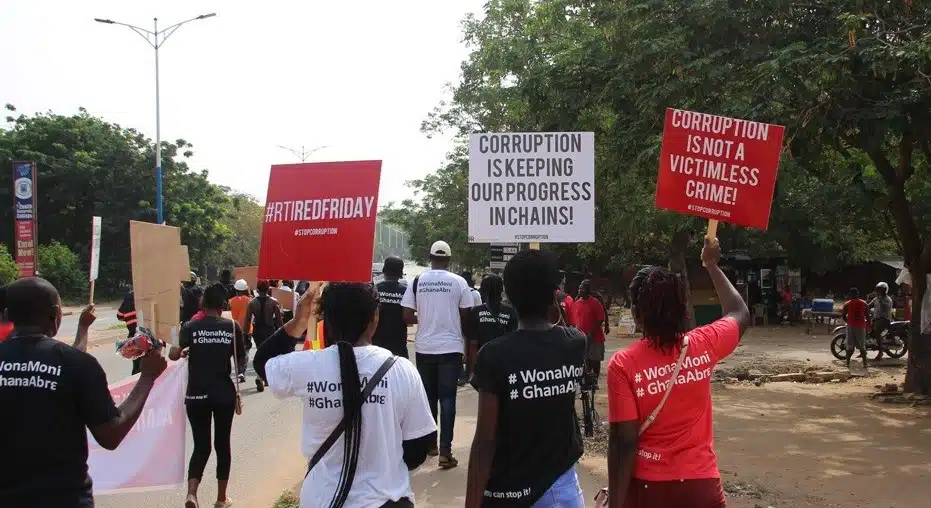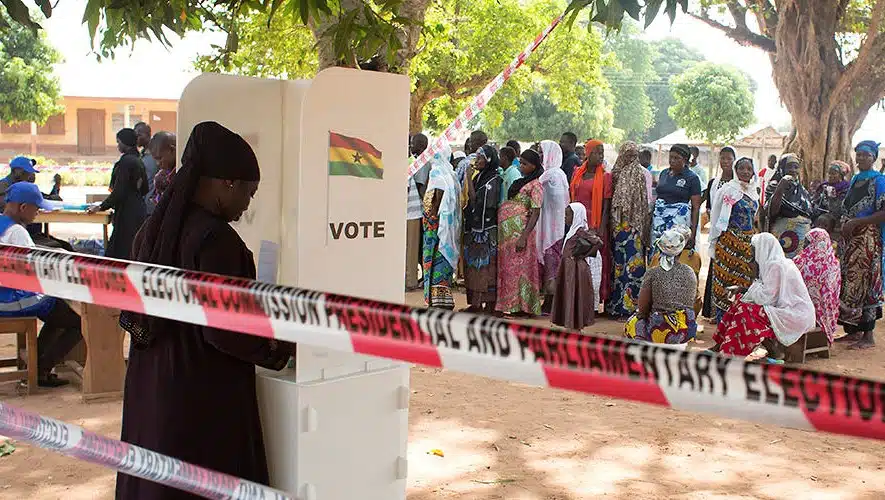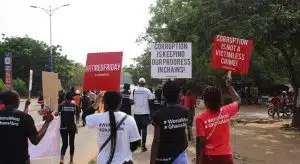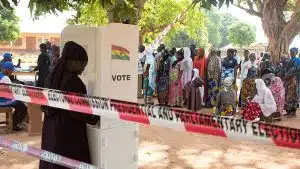As Ghana gears up for another election, citizens find themselves at the crossroads of political rhetoric and pressing healthcare needs. In a liberal democracy like Ghana, where elections occur every four years, political parties use their manifestos to present alternative views on how they plan to improve the country’s health system.
Some have suggested that in the current state, our democracy does not present voters with a credible choice that ensures elected officials are held accountable throughout their stewardship, and that for those wanting real improvements in Ghana’s health system, voting on a four-year cycle has become a fruitless exercise. Whilst these debates go on, the country has to make an electoral decision nonetheless which will impact our health outcomes in the short to medium term.
The unfortunate reality, however, is that many promises made in previous manifestos remain unfulfilled, with numerous health infrastructure projects left abandoned. This cycle of unmet promises has left voters skeptical and disillusioned.
Compounding this issue further this year is Ghana’s current economic situation, where the country is under an IMF program that significantly constrains future government spending, including on health. Despite these challenges, health remains a crucial public service good, and any investment in the sector must translate into tangible improvements in health outcomes, thereby enhancing the quality of life and life expectancy of the population.
Ghana has committed to Sustainable Development Goal 3 (SDG3), which aims to ensure healthy lives and promote well-being for all at all ages. A cornerstone of SDG3 is achieving Universal Health Coverage (UHC) by 2030, where financial constraints should not hinder access to healthcare. However, achieving this goal requires careful planning and prioritization, especially in the face of economic constraints. In this complex mace, how are voters expected to make informed choices?
One of the challenges facing voters is the lack of understanding of our national or local healthcare needs. Many have no clue where to find such information or if they do, how to interpret them. Yet, they are expected to make informed decisions on which political party manifesto best serves their health needs. As beneficiaries of the healthcare decisions made by elected officials, the choices voters make whether informed or uninformed at the ballot box directly impact their well-being.
To navigate the impending complex landscape of political promises, voters must be enabled to scrutinize party manifestos for several key factors:
- Tangible Commitment to Universal Health Coverage (UHC): Voters should prioritize parties that demonstrate a clear and realistic plan to achieve UHC by 2030. Given Ghana’s economic challenges, manifestos must outline feasible strategies for expanding healthcare coverage without overburdening the budget. Voters when possible must challenge political party communicators on how this commitment will be met and look out for their ability to demonstrate a clear understanding of any road map they suggest.
- Addressing Infrastructure Gaps: Manifestos should detail strategies for completing existing health infrastructure projects and efficiently utilizing limited financial fiscal space. Voters must ensure optimal resource allocation to address infrastructure gaps and improve healthcare delivery. They should be mindful that any promises made to commence any brick-and-mortar infrastructure whilst existing ones are uncompleted is imprudent and financially not feasible.
- Prioritization of Primary Healthcare: Parties must prioritize strengthening primary healthcare services to address the root causes of poor health outcomes. Emphasizing preventive care can lead to long-term improvements in population health and reduce the burden on secondary and tertiary care. A simple look at Ghana’s health needs assessment points to the fact that such an approach could also improve economic productivity.
- Sustainable Health Financing: Voters need assurances that proposed healthcare policies are financially sustainable. Manifestos should outline plans to improve revenue generation for the health sector without imposing excessive financial burdens on citizens. This must include commitments to improve the viability of the National Health Insurance Scheme (NHIS) in a manner that degreases co-payment at the point of healthcare use. Parties must be expected to exhibit a commitment to existing health financing laws and not circumvent them.
- Health Workforce Development: Parties should address health workforce shortages and improve retention rates to ensure adequate staffing levels. Voters must demand manifestos that prioritize investing in healthcare professionals to deliver quality care across the country. Such investments must not lead to health professionals graduating from training with no avenue of employment.
- Accountability and Transparency: Manifestos must commit to transparency in the management of healthcare resources, with clear mechanisms for monitoring and evaluating policy implementation. The practice where healthcare leaders are appointed based on partisan loyalty and not competence must be challenged. Holding politicians accountable ensures that healthcare promises are kept.
- Integration of Mental Health Services: Parties must include plans to integrate mental health services into primary healthcare, addressing the neglected aspect of mental health and ensuring holistic care for citizens. Voters must demand that those seeking political office demonstrate an understanding of the stigma associated with mental health and provide alternatives to how this can be addressed.
- Community Engagement and Empowerment: Prioritizing community engagement and empowerment can enhance health-seeking behaviors and outcomes. Manifestos should promote partnerships between healthcare providers and local communities to improve healthcare delivery. These if done properly are often cost-neutral but have been shown to improve local health outcomes.
- Technology and Innovation: Innovative approaches to healthcare delivery, such as telemedicine and digital health solutions, can overcome geographical barriers and improve access to care. Voters should assess manifestos for commitments to leveraging technology to enhance healthcare delivery.
- Long-Term Vision and Continuity: Parties must demonstrate a long-term vision for the health sector, prioritizing continuity, and sustainability of policies beyond electoral cycles. Ensuring consistent progress towards improving health outcomes despite leadership changes is essential for long-term success.
In a country like ours, it is clear from the above that left to their devices, most voters will struggle to adequately scrutinize the manifestos of respective political parties. Should they fail to do so and make uninformed choices, it could go to our collective disadvantage.
This is where the role of Civil Society Organizations (CSOs) is key. As watchdogs of the electoral and governance process, these organizations must take the responsibility of distilling the content of these documents and make their findings available to voters in an easy-to-understand version. They must ensure they identify any discrepancies, unrealistic promises, or vague commitments. They must look at the use of local languages and varied communication tools to increase the reach of the information they circulate. This in my view could be an effective way of getting eligible voters engaged in the health conversation that compels political parties to demonstrate a genuine commitment to addressing healthcare challenges and delivering on their promises for the well-being of all citizens.
 Kwame Sarpong Asiedu (PhD) is CDD-Ghana’s Democracy & Development Fellow in Public Health.
Kwame Sarpong Asiedu (PhD) is CDD-Ghana’s Democracy & Development Fellow in Public Health.
*Featured image credit: United Nations
